Articles
Our Foundation Partners: Building Opportunity Together
A strong school is built on strong connections, and each year, our foundation partners become an even more essential part of that shared purpose.
read more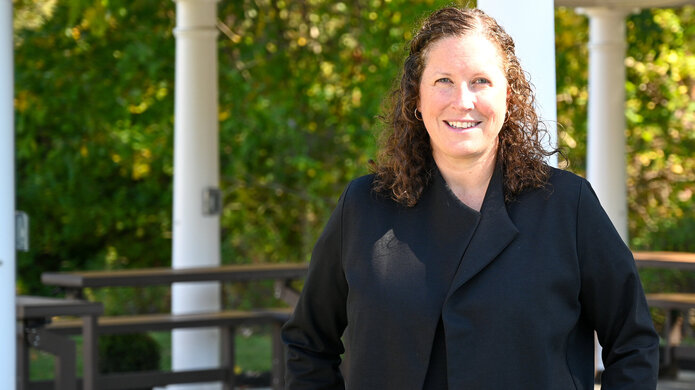
Life at Lawrence
After six dedicated years of service, our school accountant, Sue Speer, will be retiring on January 15. While Sue worked diligently behind the scenes, her heart was always centered on our mission.
read more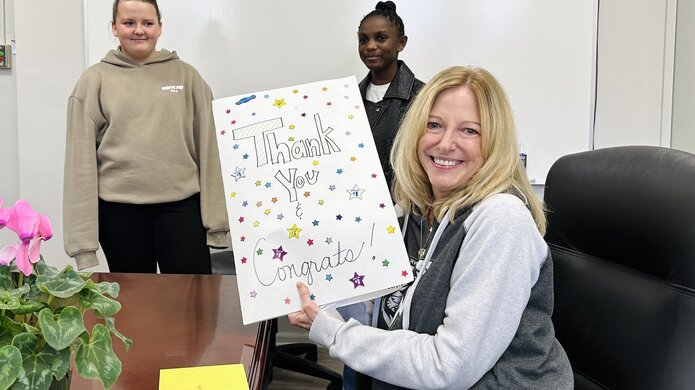
Articles
A strong school is built on strong connections, and each year, our foundation partners become an even more essential part of that shared purpose.
read more
Alumni Profile
We caught up with Lawrence 2019 alum Harry Thorp, now a PGA golf professional in Florida, to hear about his journey since graduation.
read more
Life at Lawrence
Learning Ally’s Great Reading Games are back! From January 5 through February 27, students will compete against other schools across the nation to read the most pages collectively.
read more
Life at Lawrence
Ryan Cordaro '20 stopped by Upper Campus to speak about his time at Lawrence, experiences in postsecondary classrooms, the importance of self-advocacy, and much more.
read more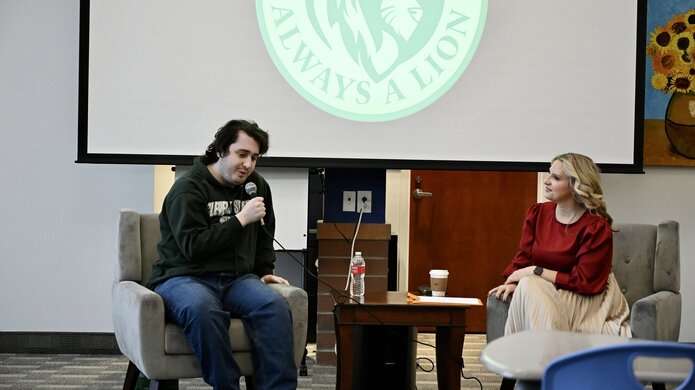
Life at Lawrence
We are incredibly proud to celebrate our Academic Challenge team, who represented Lawrence so wonderfully at the competition earlier this fall.
read more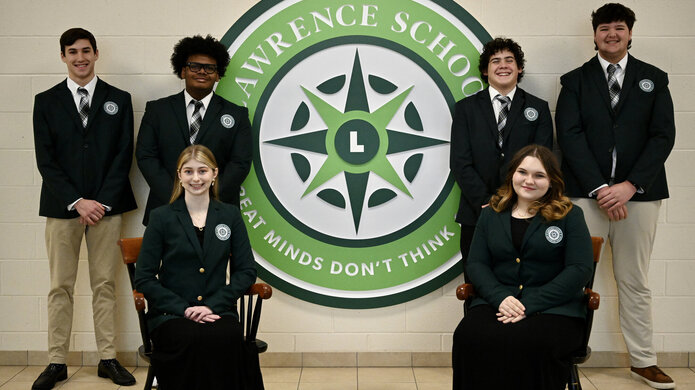
Alumni Profile
Lawrence 2023 alum, Alyssa Collier, shares her college journey at Ohio State University. She detailed culture shocks, skills gained at Lawrence, and how she found her Buckeye community.
read more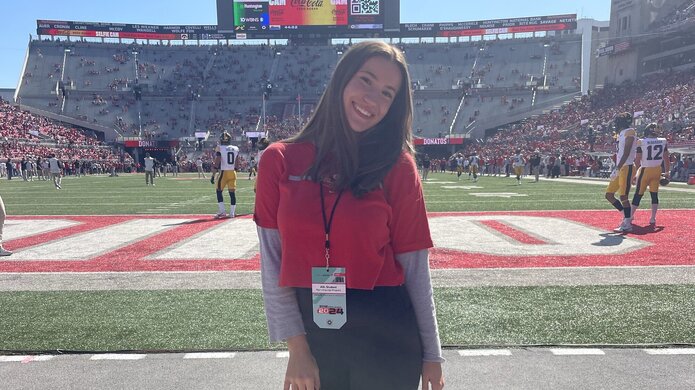
Articles
At Lawrence School, the fine and performing arts aren’t just electives; they’re essential. For students who learn differently, art and music become powerful tools of expression and empowerment.
read more
Life at Lawrence
Congratulations to our November Students of the Month: Aiyana '31, Sherry '30, Luna '29, Jacque '28, Quion '27, and Jack '26! These Linos were nominated for exemplifying Fellowship.
read more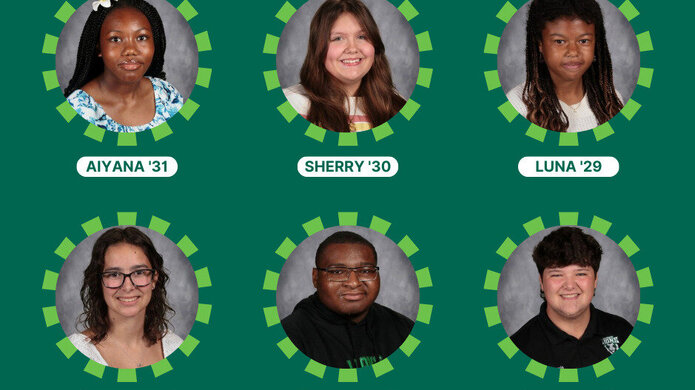
Life at Lawrence
Earlier this month, Lawrence Lower School welcomed two Kenston High School seniors, Morgan and Shauna, to campus as part of their Problem-Based Learning (PBL) project.
read more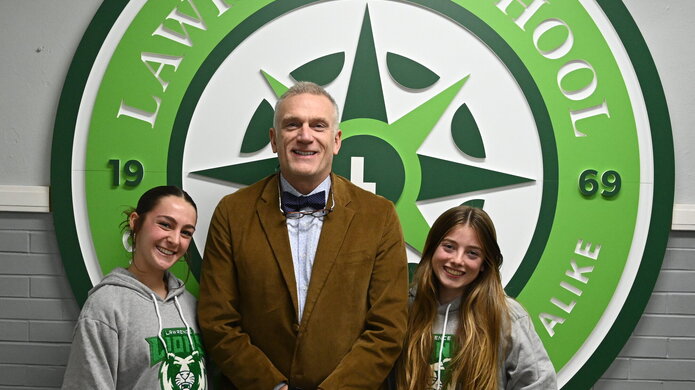
Get Started
Orton-Gillingham. What is it?
Our commitment to multisensory learning is rooted in decades of research on how the dyslexic mind retains new information.
Learn More
Now registering for summer!
Leap ahead academically with Lions Leap! Kids in preschool through Grade 6 are invited to join us for a summer of OG-based multisensory instruction.
APPLY TODAY
Spend your lunch hour with us.
Please join us for a virtual information session. Our admissions team will tell you more about our students, our campuses, and our proven methods.
REGISTER HERE
1 of 22